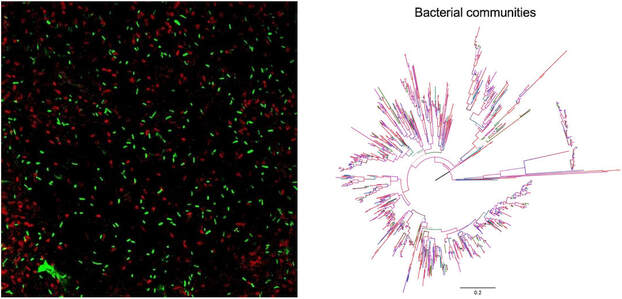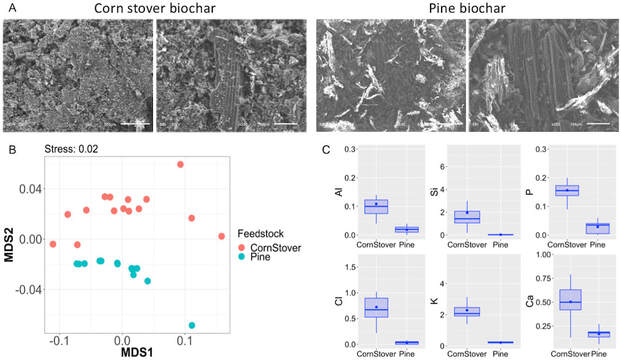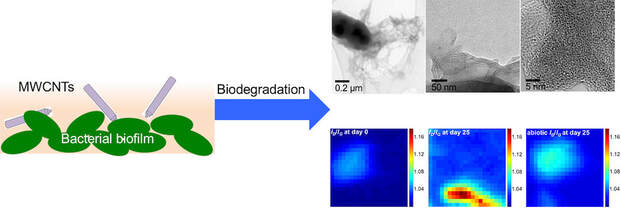Current Research Projects
Systems microbiology to halt antibiotic resistance transmission

Antibiotic resistance is a natural phenomenon stemming from microbial evolution. However, widespread use and overuse of antibiotics in both the clinical and agricultural sectors has accelerated the development and spread of antibiotic resistant determinants and microbes across ecosystems worldwide. To combat this global public health challenge requires a systems-level understanding of the molecular mechanisms, population dynamics, and community controls of the rise of antibiotic resistance.
Biochar for a sustainable FEW nexus

Biochar generated from waste streams has multiple applications in the FEW nexus, from sustainable agriculture to wastewater treatment and to resource recovery, and can simultaneously contribute to a circular economy and a sustainable FEW nexus.
Interactions between microbes and engineered nanomaterials

Nanomaterials represent a group of emerging contaminants that pose a risk to various ecosystems. Microorganisms and their ecosystem services are influenced by nanotoxicity. On the other hand, microbes undergo rapid evolution and are a source of bioremediation solutions.
Aquatic intermittency effects on microbiomes in streams (AIMS)

AIMS implements collaborative science and interdisciplinary methods to study intermittent streams, leveraging environmental "Big Data" tools to explore data generated by microbiome sequencing, environmental sensors, and Geographic Information Systems (GIS).




